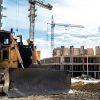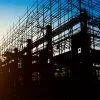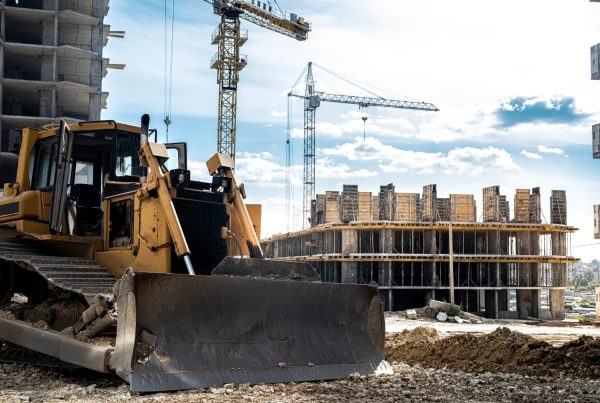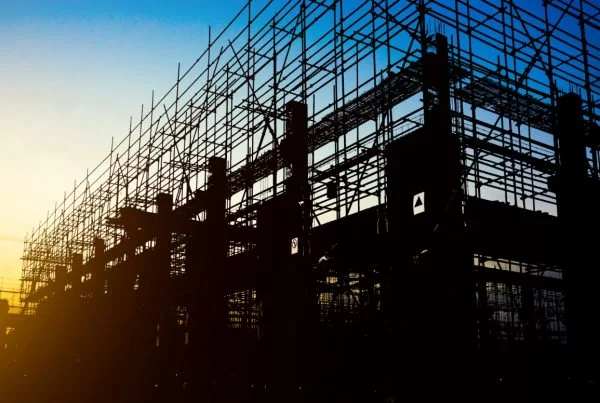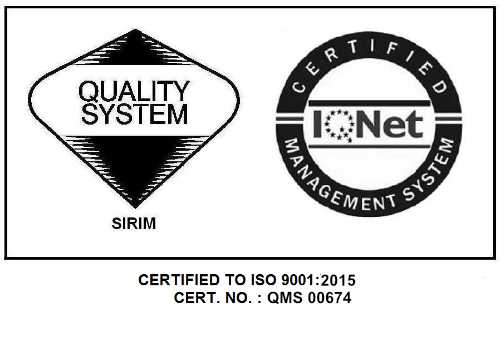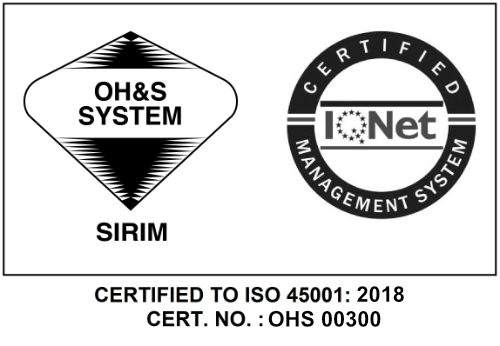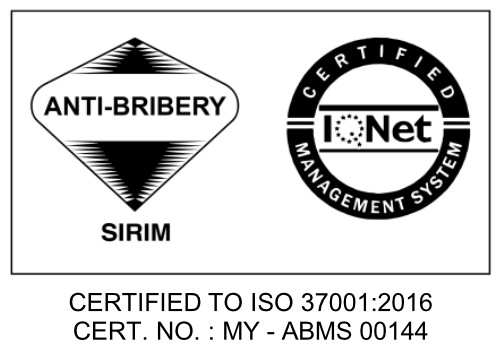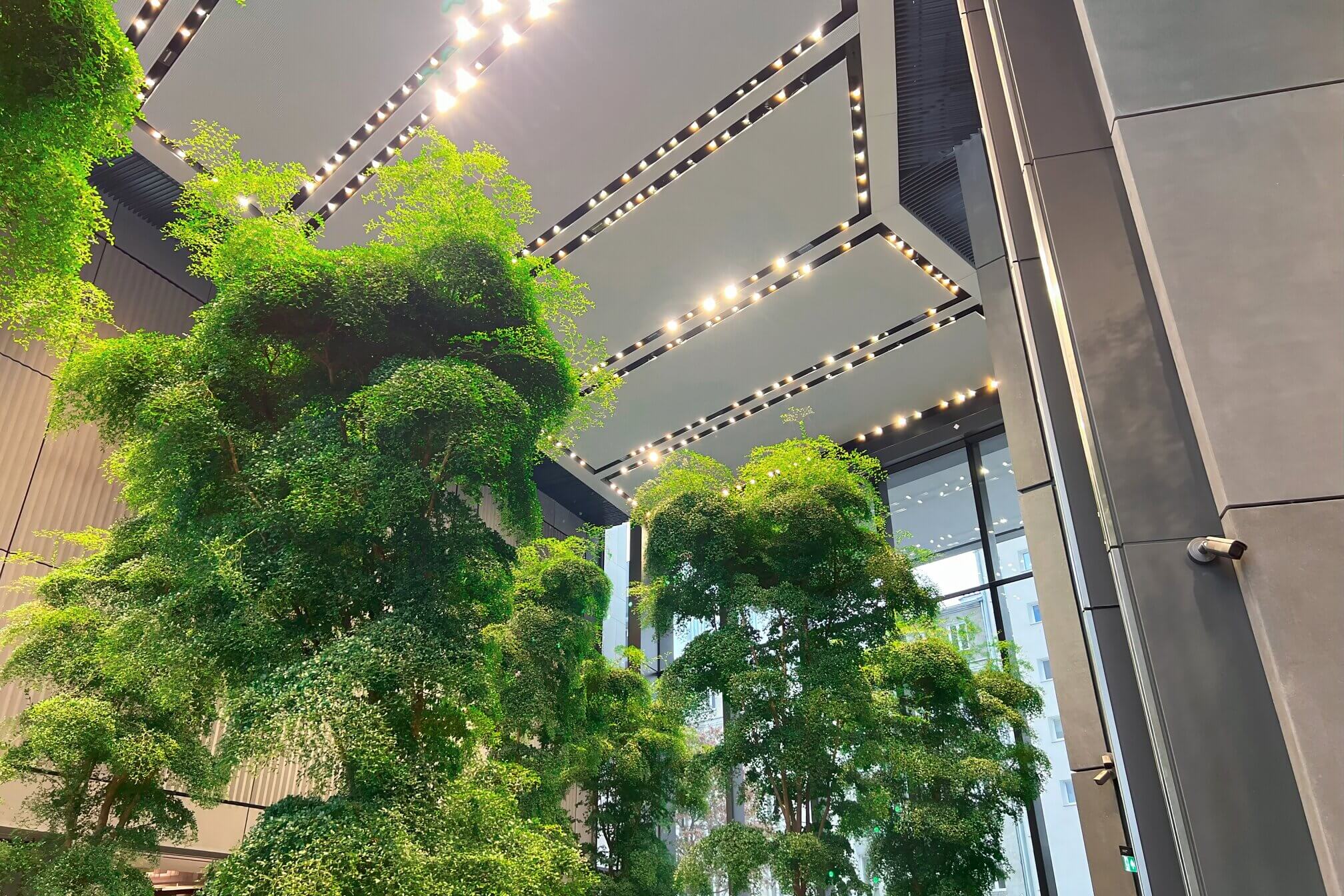
With the Construction Industry Development Board (CIDB) at the forefront, Malaysia’s construction sector is shifting towards low-carbon and environmentally friendly practices as the climate crisis worsens. By 2025, this change will be necessary for long-term urban resilience, investor confidence, and regulatory compliance.
CIDB’s Green Construction Policy and the Sustainable Infrastructure Rating Tool (Sustainable INFRASTAR) are at the core of this change. Since its launch in 2020, INFRASTAR has developed into an efficient tool that directs public and private initiatives to lower carbon emissions, increase energy efficiency, and incorporate ESG principles at every project lifecycle stage.
With an emphasis on lifecycle carbon assessments, green procurement, and local material use, CIDB implemented new required green criteria in 2025 for government projects costing more than RM50 million. Projects are becoming more frequently assessed for climate impact and resilience in addition to timing and cost.
With record numbers of certifications for the Green Building Index (GBI) and GreenRE, Malaysia is likewise witnessing a boom in green-certified structures. Sustainability impacts design decisions in everything from affordable homes in Selangor and Penang to high-rise business buildings in KL; recycled materials, solar integration, rainwater harvesting, and passive cooling are commonplace.
However, there is some resistance to the shift. Obstacles that builders currently encounter include the high upfront costs of sustainable technologies, a shortage of qualified workers, and restricted access to green supplies. CIDB and industry partners are expanding the MyCREST framework for comprehensive sustainability ratings and improving training under CIDB’s Akademi Binaan Malaysia (ABM) to tackle this issue.
Looking ahead, Malaysia’s objective to achieve net-zero status by 2050 is in line with CIDB’s vision. Rethinking the industry’s perspective to view environmental stewardship as essential to innovation, competitiveness, and survival is more important than simply creating greener buildings.


